

Rosemarie Herzog
Movies for Rosemarie Herzog...

Title: The Woman and the Stranger
Released: January 31, 1985
Type: Movie
Based on a switched identity, in circumstances that are found in real life as well as fiction, this drama tells the story of two soldiers fighting together in World War I. Karl (Joachim Latsch) and Richard (Hans-Use Bauer) become close friends while serving time in a German POW camp. One day Karl manages a successful escape and goes to Richard's home where he seeks refuge posing as Richard. But Richard's wife Anna (Kathrin Waligura) has never given up hope that her husband is still alive -- a possibility that would shatter Karl's proposed new life. In fact, Richard did not die in the POW camp. This film shared the Grand Prix award at the 1985 Berlin Film Festival.

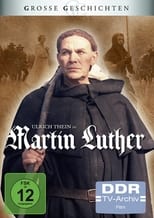

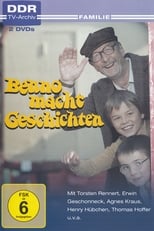
Title: Benno macht Geschichten
Released: April 9, 1982
Type: Movie
Benno (Torsten Rennert), a bright boy from Berlin, is not really a problem case, although his parents have enough trouble with him. But that's not just because of Benno, but because no one really has time for him. During a train ride, he meets a pensioner Oskar Schrader (Erwin Geschonneck), who likes to cook, collect watches, master magic tricks and who lives in the middle of nature. Between them they develop a real friendship. Benno is allowed to spend his school holidays with his friend. The grumpy Oskar lives alone in a garden colony - with friendly and unfriendly neighbors. Benno enjoys playing tricks with his buddy Mutz (Thomas Hoffer) on this neighborhood including the cranky animal lover Irma Kalweit (Agnes Krause) and the rude daredevil Ralf Klotz (Henry Hübchen).

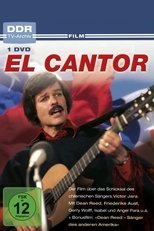
Title: The Singer
Released: December 11, 1977
Type: Movie
A story of Victor Jara - one of the most popular singers in Chile.

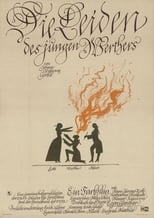
Title: The Sorrows of Young Werther
Released: August 26, 1976
Type: Movie
The young and rebellious Werther is passionately, but hopelessly, in love with Lotte. Although he knows that she is married to somebody who can offer her a secure future, Werther tries to be near her. Lotte cannot decide between these two men. She eventually rejects Werther, who does not survive her decision.

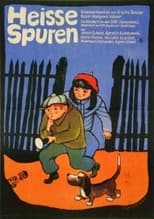

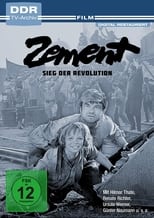

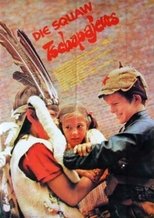

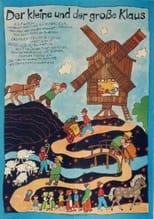

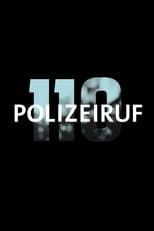
Title: Polizeiruf 110
Character: Schwester des Antiquitätenhändlers
Released: June 27, 1971
Type: TV
Polizeiruf 110 is a long-running German language detective television series. The first episode was broadcast 27 June 1971 in the German Democratic Republic, and after the dissolution of Fernsehen der DDR the series was picked up by ARD. It was originally created as a counterpart to the West German series Tatort, and quickly became a public favorite.

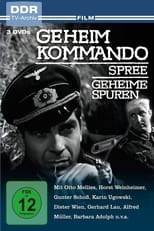

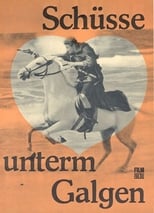
Title: Shots Under the Gallows
Released: June 22, 1968
Type: Movie
In Scotland in 1751, young David Balfour is shanghaied aboard a ship where he meets Jacobite rebel Alan Breck Stewart with whom he escapes to the Scottish Highlands, dodging the redcoats.

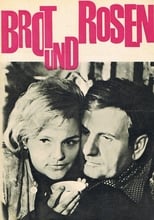
Title: Brot und Rosen
Released: September 27, 1967
Type: Movie
Film by Thiel and Brandt.

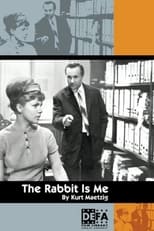
Title: The Rabbit Is Me
Character: Secretary
Released: October 25, 1965
Type: Movie
The Rabbit Is Me was made in 1965 to encourage discussion of the democratization of East German society. In it, a young student has an affair with a judge who once sentenced her brother for political reasons; she eventually confronts him with his opportunism and hypocrisy. It is a sardonic portrayal of the German Democratic Republic's judicial system and its social implications. The film was banned by officials as an anti-socialist, pessimistic and revisionist attack on the state. It henceforth lent its name to all the banned films of 1965, which became known as the "Rabbit Films." After its release in 1990, The Rabbit Is Me earned critical praise as one of the most important and courageous works ever made in East Germany. It was screened at The Museum of Modern Art in 2005 as part of the film series Rebels with a Cause: The Cinema of East Germany.
